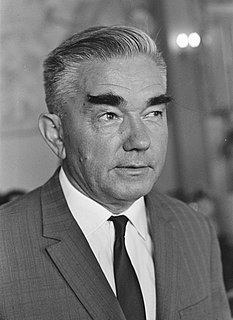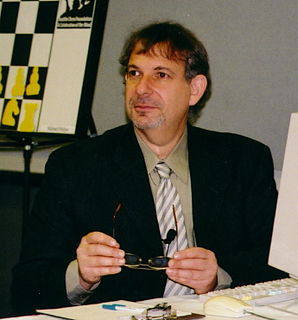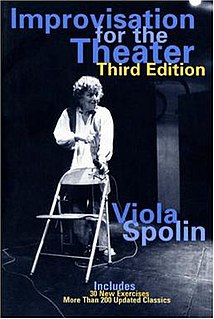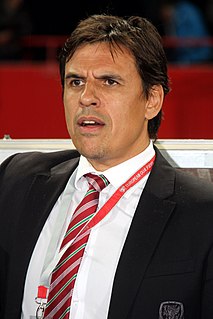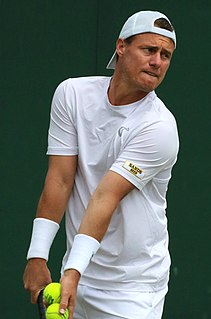A Quote by Alexander Kotov
Anyone who wishes to learn how to play chess well must make himself or herself thoroughly conversant with the play in positions where the players have castled on opposite sides.
Related Quotes
Chess, which exists predominantly in two dimensions, is one of the world's most difficult games. Three-dimensional chess is an invitation to insanity. But human relationships, even of the simplest order, are like a kind of four-dimensional chess, a game whose pieces and positions change subtly and inexorably between moves, whose players stare dumbly while their powerful positions deteriorate into hopeless predicaments and while improbable combinations suddenly become inevitable. To make matters worse, some games are open to any number of players, and all sides are expected to win.
A man who wishes to make a profession of goodness in everything must necessarily come to grief among so many who are not good. Therefore, it is necessary for a prince, who wishes to maintain himself, to learn how not to be good, and to use this knowledge and not use it according to the necessity of the case.
I started playing chess when I was about 4 or 5 years old. It is very good for children to learn to play chess, because it helps them to develop their mental abilities. It also helps to consolidate a person's character, because as it happens both in life and in a chess game we have to make decisions constantly. In chess there is no luck and no excuses: everything is in your hands.
Everyone can act. Everyone can improvise. Anyone who wishes to can play in the theater and learn to become 'stage-worthy.' We learn through experience and experiencing, and no one teaches anyone anything. This is as true for the infant moving from kicking and crawling to walking as it is for the scientist with his equations. If the environment permits it, anyone can learn whatever he chooses to learn; and if the individual permits it, the environment will teach him everything it has to teach. 'Talent' or 'lack of talent' have little to do with it.
